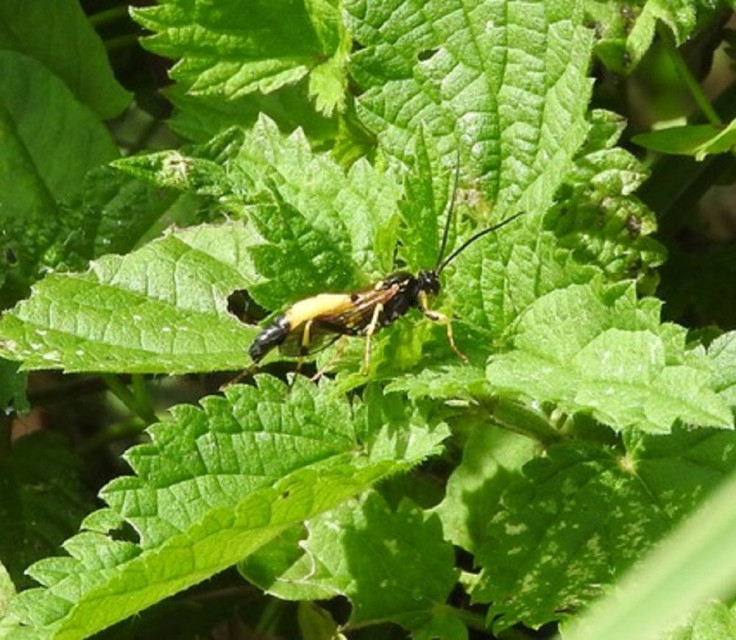Stethantyx Covida: New Wasp Species Named After 2020 COVID-19 Quarantine
KEY POINTS
- Researchers named a new wasp species after the COVID-19 quarantine period
- They named it as such to mark the year and period in which the species was discovered
- It now adds to the growing list of Ichneumonidae in Mexico
Researchers named a new wasp species discovered during the 2020 quarantine period after the illness that caused the pandemic. Covida is one of the five new wasp species described in a study.
COVID-19 may have caused a major pause worldwide but it did not stop a team of scientists from making new discoveries. In their study published in the journal Zookeys, a pair of researchers describe five new wasp species from Mexico, one of which was discovered during the COVID-19 quarantine period.
Called Stethantyx covida because of the time when they described it, the new wasp species is shiny, small at just 3.5 mm in length, and some of its body parts come in yellow or brown.

"We thought that it was a good idea to remember this extraordinary year through the name of one remarkable species of Darwin wasp found in seven Mexican States (including Tamaulipas, where the UAT campus is located) and also Guatemala," the scientists said in a news release from Pensoft Publishers.
S. Covida belongs to the wasp family Ichneumonidae, which the news release says is one of the "most species-rich insect families." Despite being a part of a massive family, however, the members of the Ichneumonidae family can still stand out because of their unique characteristics, with many of them displaying parasitic behaviors.
"Many Darwin wasp species attack the larvae or pupae of butterflies and moths," the researchers said in the Pensoft Publishers news release. "Yet, some species are particularly interesting, as their larvae feed on spider eggs and others, even more bizarre, develop on living spiders!"
Although the behavior sounds rather grotesque, Ichneumonidae are actually considered beneficial to humans because they parasitize insect pests, Britannica notes. Although there are several that parasitize species that are not considered pests, these are considered few.
It is likely that even more members of the family will be discovered, particularly in Mexico, since the researchers note that many Mexican species are still "undescribed." In fact, the researchers note that the Mexican Tersilochinae, the Ichneumonidae subfamily under which all five newly described species fall under, were largely unknown until the 21st century.
The five that they described in the study now adds to the ever-growing family of Ichneumonidae in Mexico.
Discovered during the 2020 #Coronavirus pandemic, a #NewSpecies of parasitic Darwin #wasp from Mexico🇲🇽 is named after #COVID19.
— ZooKeys (@ZooKeys_Journal) October 8, 2020
🧐Find more: https://t.co/klOZgKHBLy #Entomology #Hymenoptera #Zoology
Darwin Wasp
The reason why the researchers call these Incheumonidae "Darwin wasp" is because, in 2019, a team of researchers decided to name this family after famed naturalist Charles Darwin, who was reportedly troubled by the creatures' parasitic behavior.
"In order to popularize the group, we here suggest a new vernacular name for the family, "Darwin wasps," to reflect the pivotal role they played in convincing Charles Darwin that not all of creation could have been created by a benevolent god," a team of researchers wrote in the 2019 paper describing the name suggestion. "We hope that the name catches on, and that Darwin wasps start buzzing more loudly across all disciplines of biology."
The hope is to garner attention for this family that, despite being rather large and widespread, largely goes unnoticed.
© Copyright IBTimes 2024. All rights reserved.






















